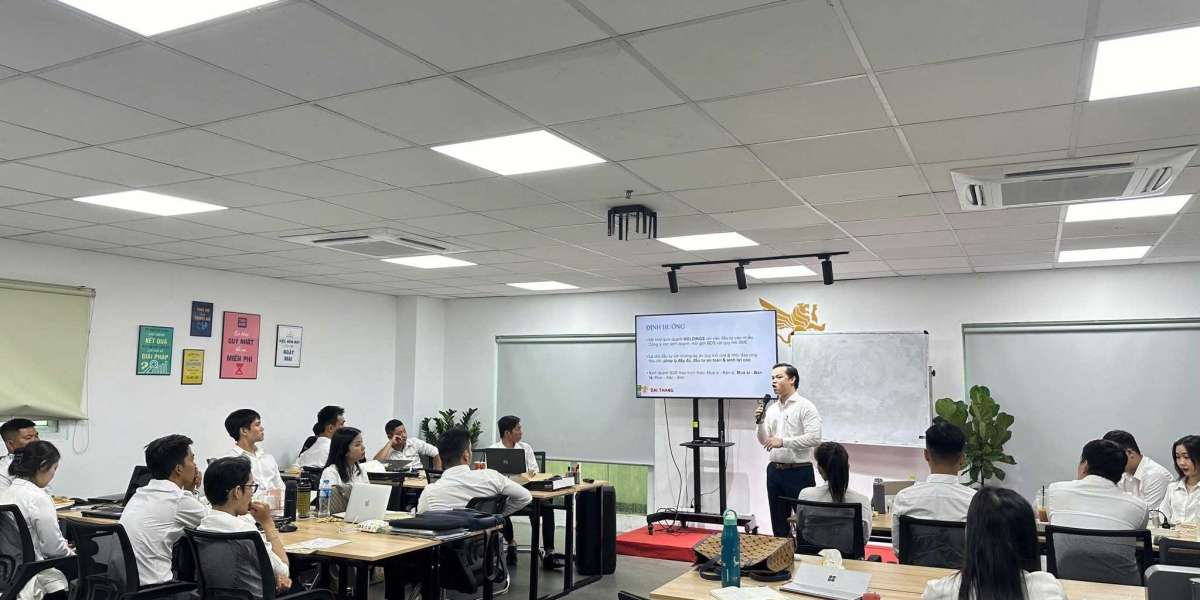
AI Agents are going to play an increasingly essential role in how cities function and how citizens ... [+] interact with their city government.
Despite significant improvements in digitalization over the past years, in the majority of cities it's still clunky for constituents, companies, and visitors to participate in even the many basic government services online. Sure, in wise cities like Singapore, Baku, and Dubai, a lot of community services are streamlined and digital, however they stay the aspiration.
In reality, a community member in a typical US city typically has to finish paper kinds or complete online PDFs, and where services are digital, they are inconsistent and still require far too lots of complicated steps. The digital transformation of regional government is a multi-trillion-dollar opportunity still waiting to be fully realized. Might synthetic intelligence (AI), and specifically AI representatives, lastly provide the upper hand forum.batman.gainedge.org cities need?
Cities Embrace Expert System (AI)
It won't come as a surprise that AI is starting to find a welcome home in municipal government throughout the world simply as it has in every other industry. According to the Hoover Institution, currently 1 in 4 civil servant frequently use generative AI for their work. That usage level will grow quickly over the next couple of months following comparable patterns in the private sector.
AI is finding its method into every element of city operations including public security, planning, transport, and person services. The most popular usages consist of job automation, assistance for decision-making, and engagement with the community.
City leaders are acknowledging the more comprehensive chance with AI and are largely accepting it. That stated, they presently deal with substantial difficulties from their own bureaucracies, guidelines, and lack of technical competence, to threats such as privacy and hallucinations that do not have a resolution yet. Most limitations, however, are short-lived and soon city leaders and companies will discover greater ease and more need for executing AI-powered solutions.
WWE Royal Rumble 2025 Results: Charlotte Flair Wins And Everything That Happened
WWE Royal Rumble 2025 Results: Jey Uso Shocks The World, Seth Rollins Destroys Roman Reigns
WWE Royal Rumble 2025 Recap: Winners, Eliminations And Reaction
AI Agents Arrive On The Scene
Perhaps the emerging AI innovation that guarantees the most radical shift in how individuals experience their city government will be through the implementation of AI representatives. An AI representative is a system that acts separately to process details and after that take actions to accomplish particular goals. Rather than a person offering AI with the specific actions needed to get something done, the pledge of an AI agent is that it can determine the optimum steps and after that tackle getting them done.
OpenAI's brand-new service, Operator, is an example of a generalized AI representative. Ask it to discover your favored seats for an approaching show and make the booking in your place and off it goes.
This, naturally, is just an easy tease at what will be possible in the near future when, for instance, AI representatives coupled with robotics will autonomously perform the totality of complicated projects.
Transforming The Government Experience
It's still early for AI representatives in the economic sector and even previously for them in public agencies. However, one solution, SuperCity AI, supplies an early look at what is coming soon to our cities.
SuperCity is an app that is reconsidering how AI can be used to offer a better experience in how residents engage with their city in locations such as finding information, paying bills, and reporting an issue.
Apps that play in this area are currently numerous, from SeeClickFix to Nextdoor, and lots of efforts have actually been made to hit the sweet area of convenience and stickiness.
Cities typically supply their own service in addition to taking on offerings from the personal sector. The proliferation of neighborhood engagement apps for a single city alone produces confusion when people don't know what to use for a given service, but more broadly, these apps with few exceptions have failed to meet expectations.
The group behind SuperCity featured significant federal government and technology qualifications. Miguel Gamiño Jr., no stranger to city management having actually served formerly as the head of technology in the cities of El Paso, San Francisco, and New York, has actually joined forces with his two partners, David Lara, previously the Chief Administrative Officer at New York City Hall, and Niko Dubovsky, who's operated in the startup world for several years.
The team's passion for civil service together with a deep understanding of how cities work are assets that they are giving building this solution. This combined with modern AI adoption doesn't ensure their success however definitely supplies them with some early benefits.
The SuperCity starting team. From Delegated Right: Niko Dubovsky, Miguel Gamiño Jr., David Lara.
Their objective with SuperCity is to supply a safe and secure and personal digital one-stop-shop for citizens and to utilize AI to minimize different aspects of friction in between the user, the app, and town hall. That friction ranges from locals who are overwhelmed with unnecessary notices to the complexity of supporting the required interfaces with agency systems. For instance, rather than the city being needed to manage the complex combination of accepting payments from the app for say, a parking ticket, SuperCity utilizes AI to meet city requirements and qoocle.com then perfectly log in and submit the payment.
Removing the intricacy for both the user and the city also indicates that this single app can be utilized in various cities without needing the user to download a new app with a completely various procedure.
While the majority of apps require the user to locate the feature they require, SuperCity will soon emerge as a conversational bot. A homeowner will simply discuss what they need and the app will utilize AI representatives to bring out as much of the requirement with little, if any, user engagement.
Conversational bots are currently one of the most popular uses of AI across industries in the area of client service. Could they also be the future interface for many city interactions too?
The Urgent Future Of AI In Cities
As remarkable as the last two years have actually been, cities are routing the private sector by a big margin in moving from experimentation to adoption of AI across their functions.
From time to time, a new innovation gets here that has the power to radically upset the status quo in a favorable method. AI for cities offers maybe a when in a lifetime shift that will alter what cities do and how they operate. City leaders require to increase the seriousness of their AI efforts and ensure they are assigning appropriate resources and abilities.
In the short-term there are opportunities to have AI augment and improve current operations from community-facing services to data-driven decision-making. Longer term, AI representatives will complete entire city services with little or no human interaction on the backend. It's possible too, that quicker than later, AI will usher in an age without the requirement for websites and apps.
As the SuperCity app demonstrates, AI and AI representatives combined with unique ideas use city leaders a whole new toolkit filled with possibilities. The time to define an AI future for cities is now.








